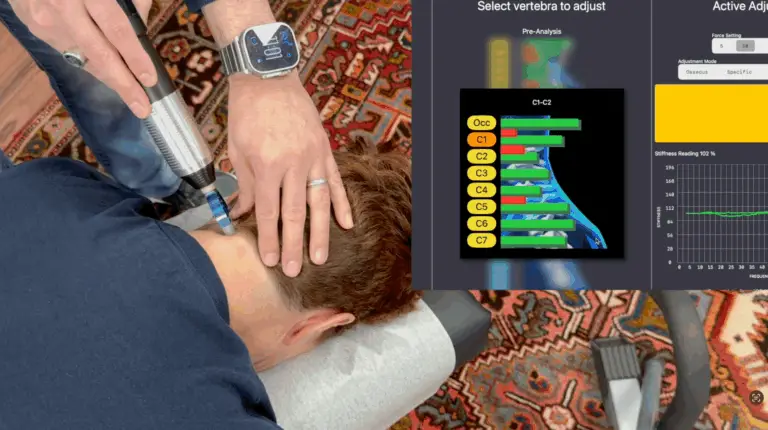Like most popular idioms, “live and learn” is based on an observable truth–much of life revolves around learning through experience. This applies to everything from motor skills as a child to the career you are in now. For chiropractors, living and learning is a constant process, and while the knowledge gleaned through it is invaluable, many chiropractors can’t help but look back at the origins of their careers and wish they had known certain things when they started.
Whether you’re a seasoned doctor of chiropractic or an inspiring future chiropractor, we think everyone could benefit from a list of the top things chiropractors should know when getting started. That’s why we compiled the tips below. Read on for the top things you wish you knew about chiropractic when you started.
Extensive Education
Chiropractors are in the business of healing people–it’s one of the primary reasons many pursue it as a career in the first place. Because it is a form of healthcare, becoming a chiropractor requires a lot of schooling and training–up to eight years, to be exact. That’s quite the commitment, though the reward is worth it for most.
Some Patients are Challenging
This may sound like a given, but it is easy to underestimate its gravity. Working with people all day, every day can be exhausting and wear down even the most outgoing chiropractors. It also carries the burden of turning you into a customer service representative. When a patient has a problem or is impolite, you have to be able to handle the situation with a calm, professional demeanor. In a lot of ways, you are resolving conflict as well as pain.
Well-Rounded Skills are a Must
Working with people demands that you have more skills than those you learn in school. To be a successful chiropractor, you are not only performing adjustments. You are also problem-solving patients’ symptoms, honing your interpersonal skills, learning how to communicate with an array of personalities, building a business, and more. Many of these skills can be learned outside of the chiropractic practice and adapted to it, but most will develop and grow as your career progresses.
Chiropractic Tools are Game-Changers
While manual adjustment is still the standard for most chiropractors, instrument adjusting is a superb way to diversify your skillset, expand your practice, and offer patients a gentle yet effective alternative treatment. Multiple impulse therapy or adjusting is a proven approach to chiropractic care, and tools like the PulStar make it a safe, easy, and exceptionally potent practice.
The Money is Good (but less than other doctors)
Chiropractors have plenty of potential to make money, especially if they are ambitious in structuring and building a practice. Maximizing that potential can include everything from streamlining administrative work to utilizing instrument adjusting to see more patients in a given time. However, it is important to note that chiropractors typically make less money than other doctors. This is often due to the extra school and training required to be a general physician or another type of doctor.
The Procedures can be High Risk
Much of a chiropractor’s work focuses on spinal adjustments. This manipulation carries an inherent risk, as the spinal cord and nervous system can be delicate and susceptible to damage. The schooling and training chiropractors endure prepare them for these somewhat dangerous procedures, and the use of computer assisted adjusting can further reduce the risk. With practice, confidence, and the right tools, chiropractors can routinely perform risky procedures without issue.
Business is Booming
Chiropractic practices are excelling as more people turn to chiropractors for pain relief, improved quality of life, and recovery from injury. From back problems to joint pain, the most common issues people cite when visiting a chiropractor will always be a factor. The U.S. Bureau of Labor Statistics even projects that the industry may increase by 11% in the decade spanning 2020 and 2030. That’s phenomenal news for chiropractors’ job security.
You Get to Help People
If helping people is a priority, becoming a chiropractor is an extremely rewarding career. Through extensive schooling and training, you learn and develop the skills necessary to help people overcome physical and mental hurdles. Chiropractic adjustment assists in healing the body, but it can also work wonders for patients’ emotional well-being. Their overall quality of life can benefit thanks to your dedication and hard work.
From restoring mobility to alleviating chronic pain, the ways in which chiropractors can help their patients are practically endless. They all share one thing in common, however. Helping people is compensation that supersedes monetary gain.
Like any occupation, being a chiropractor can be challenging and very rewarding. We hope this list of things you wish you had known when you started your chiropractic journey is helpful. If you would like to learn more about being a chiropractor and how instrument adjusting is integral to the future of the field, feel free to reach out to us.











